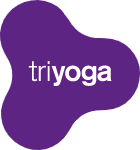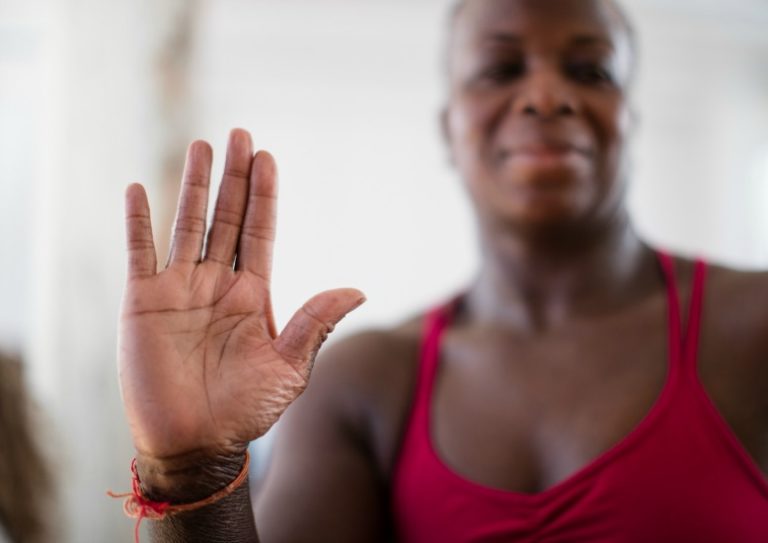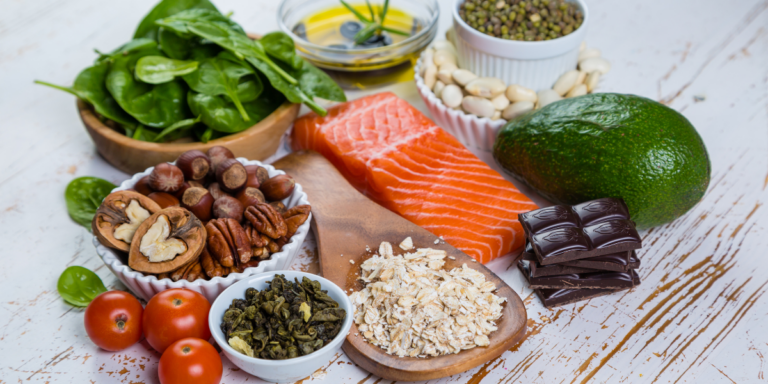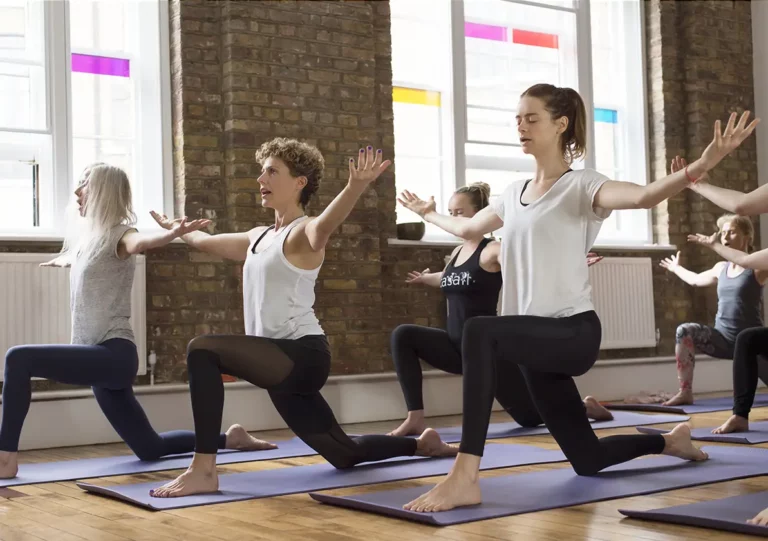This summer, the triyoga book club turn their attention towards Eckhart Tolle’s best-seller The Power of Now. Yoga practitioner and scholar Daniel Simpson will guide students on a four-week exploration of how to be here now. Ahead of the courses’ start, Daniel touches on his personal experience with the book as well as core themes to be discussed and questioned. If finding lasting peace of mind is of interest to you, booking this course is a no-brainer.
Living in the moment can sound like a cliché of self-help – easier to talk about than put into practice. However, this idea is found in early texts on yoga and meditation, and has been taught with a wide range of methods down the centuries.
Long before the current vogue for mindfulness, Eckhart Tolle’s The Power of Now conveyed similar insights. First published in the 1990s, it urged readers in accessible prose to “draw consciousness away from mind activity and create a gap of no-mind in which you are highly alert and aware but not thinking.”
Part of the book’s appeal was its promise “to draw you into this new consciousness as you read.” Selling millions of copies suggests it succeeded, but how lasting can such transformations be? Come and find out at triyoga’s book club, which will be studying The Power of Now from 18 June to 7 July 2019.
Over four evening sessions in Camden, we will read through the book a few chapters a week, discussing core themes and how to bring them to life. Starting with the notion of Being (defined as felt presence), we will move on to Suffering and how to reduce it, before considering Relationships and ultimately Peace.
I first read the Power of Now in 2005, and felt inspired to sign up for a silent retreat to explore meditation. As time went by, I had mixed feelings. Although Tolle had been helpful, I wondered if his work was like spiritual fast food – initially satisfying, but lacking the richness of older traditions. Having studied these in more depth, both as a scholar and as a practitioner, I return to the text with a fresh perspective. It seems an insightful way into engaging with ancient ideas.
Few of Tolle’s teachings are new. The fundamental message of his opening chapter – “You are not your mind” – is based on a mixture of wisdom traditions, which we will unpack together, revealing connections to yoga philosophy, aspects of Buddhism and mystical insights from other religions.
Since the early Upanishads, most forms of yoga have sought a state beyond the mind. This witnessing presence is hard to describe, except perhaps as consciousness without any object, or an expansiveness containing all things. Attempts to explain it are futile, warns the Taittiriya Upanishad (2.9): “Before they reach it, words turn back, together with the mind.”
Of course, the mind can be useful, despite being distracting. For Tolle, the important question is: “Can you be free of your mind whenever you want to? Have you found the ‘off’ button?” If not, “you are unconsciously identified with it, so you don’t even know that you are its slave.”
Patanjali said something similar in Yoga Sutra 1.4. Unless the mind can be stilled, he observed, the seer behind it becomes “identified with mental fluctuations”, mistaking itself for thoughts and the means of perception that produces them.
His solution is echoed by Krishna in the Bhagavad Gita (6.35). By striking a balance of effort and detachment, the yogi should cultivate one-pointed focus. “The mind is unsteady,” Krishna concedes. “But by practice and by indifference to worldly objects, it is restrained.” Whenever it wanders, one can gently draw it back to look within.
Unlike some earlier versions of yoga, in which the goal was to retreat from the world, Tolle is not suggesting we switch off the mind to become catatonic. His approach is to notice the space between thoughts, and to let this expand. What people seek is often closer than they think, he says: “You have it already. You just can’t feel it because your mind is making too much noise.”
His radical suggestion of accepting “whatever the present moment contains” can be misinterpreted. Although it sounds passive to the point of masochism, the aim is not to wallow in pain but to stop compounding it. “Accept then act,” he writes. “Say ‘yes’ to life and see how life suddenly starts working for you rather than against you.”
Even so, there are potential pitfalls. Might this focus on the present stop us learning from the past? Could it cultivate magical thinking, imagining that problems will just disappear? Is there also a danger of spiritual bypassing, in which comforting concepts are used as a substitute for treating deep psychological wounds?
Why not join us to share your thoughts, and maybe let some of them go…










